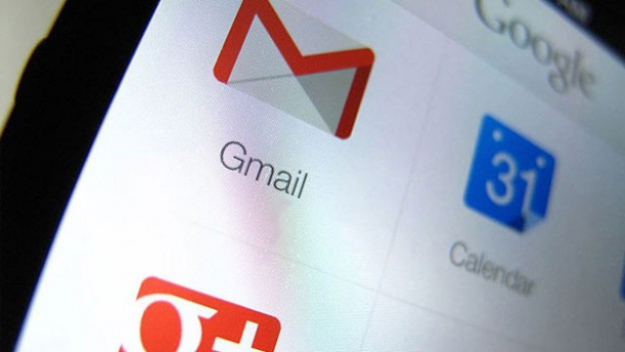Planning a crime with the help of Gmail might be okay when it comes to Google spying on your Gmail accounts, a company spokesperson told Business Insider, revealing that Google only tracks and reports child pornography traces in its email service. The search giant explained how and why it searches Gmail for explicit images of children in Gmail, having just helped authorities arrest a man a few days ago after finding such incriminating evidence in his email account.
While this may be seen as a breach of privacy from Gmail – no matter how horrific the discovered crime is – Google does it because it has to. If Google identifies such explicit images in Gmail, it’s forced by law to report it.
“Sadly all Internet companies have to deal with child sexual abuse,” a Google’s spokesperson said. “It’s why Google actively removes illegal imagery from our services — including search and Gmail — and immediately reports abuse to NCMEC [The National Center for Missing & Exploited Children]. This evidence is regularly used to convict criminals.”
“Each child sexual abuse image is given a unique digital fingerprint which enables our systems to identify those pictures, including in Gmail.”
“It is important to remember that we only use this technology to identify child sexual abuse imagery, not other email content that could be associated with criminal activity (for example using email to plot a burglary),” Google added.
The same hashing technology is used by Facebook and other Internet companies, and has been developed by Microsoft.
The Electronic Frontier Foundation (EFF) warns that while Google isn’t tracking any other things said and shared in Gmail emails – except for its ad-related business – the company may always search for other things in the future.
“There’s nothing in their privacy policy that precludes them from doing that. Nothing in the law precludes them for doing that, as long as the user consents,” EFF staff lawyer Hanni Fakhoury told Business Insider.




